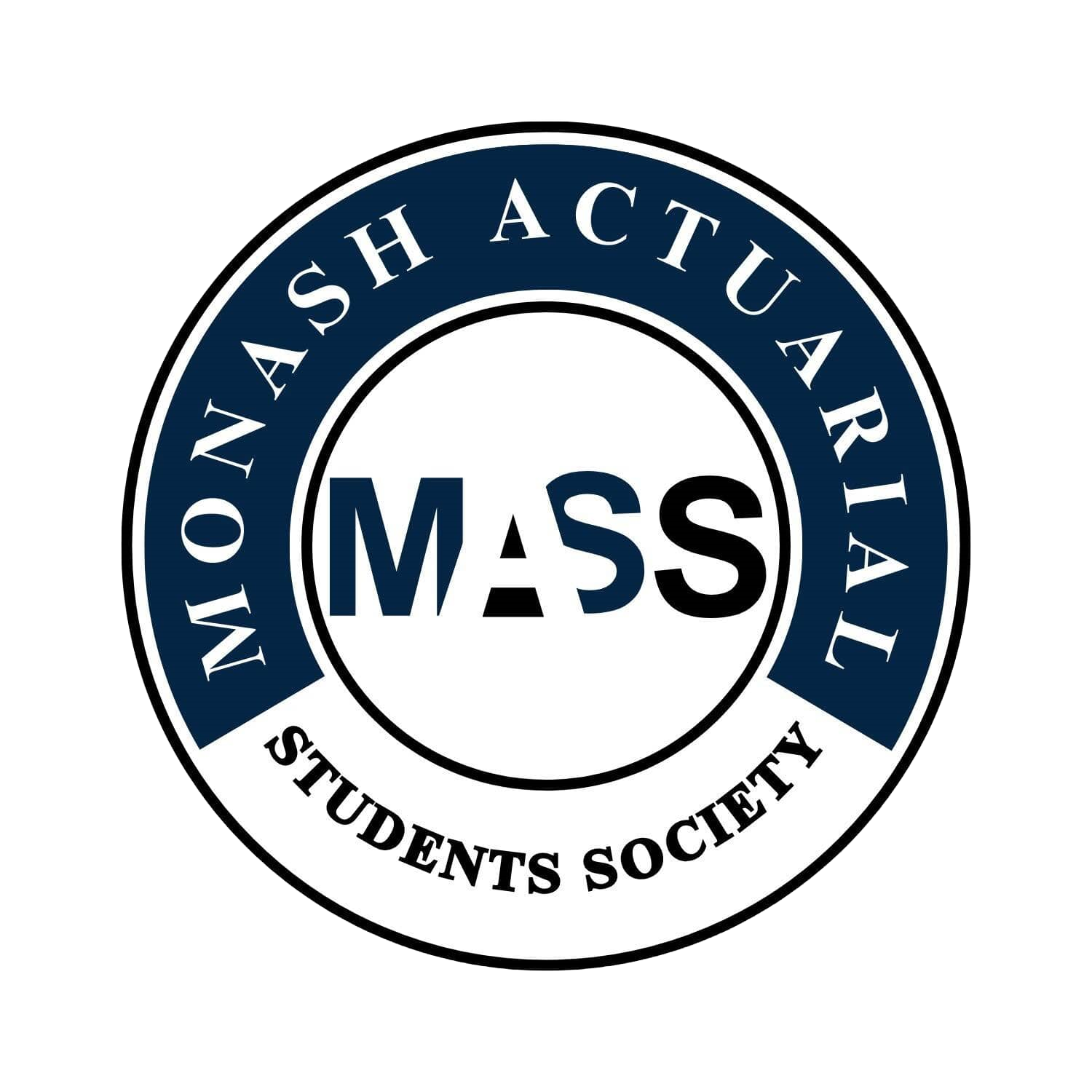ETC3520 / ETC5352 Foundations of Quantitative Finance (Sem 2, 2021)
Difficulty:
Year Completed: Semester 2, 2021
Prerequisite: ETC2430
Exemption:
CM2 Financial Engineering and Loss Reserving
ETC3420 (20%), ETC3460 (25%), ETC3520 (55%)
Weighted average of 70% required. Minimum of 60% required for each unit.
Mean Setu Score: 80.7%
Clarity of Learning Outcomes: 81.5%
Clarity of Assessments: 80.8%
Feedback: 77.8%
Resources: 77.8%
Engagement: 88.9%
Satisfaction: 77.8%
Subject Content:
Lecture(s) and Tutorial(s):
Textbook(s):
Assessments:
This unit covered utility theory, expected utility, loss aversion and investment risk, stochastic models, Brownian motion and martingales, stochastic calculus and Ito processes, stochastic models and security prices, binomial tree model, Black-Scholes option pricing formula and hedging and term structure of interest rates.
1 x 2 hour lecture
1 x 1.5 hour tutorial
N/A
2 x Online Quizzes 20% each
Final Exam 60%
Comments
This unit incorporated many different and potentially new concepts. The content was finance heavy so some prior knowledge of basic finance concepts would be useful.
All the content required to answer tutorial questions and assessment questiosn were contained in the lecture. Some lectures were tight on time time due to the large amount of content needing to be covered and as a result, it meant that some concepts were not covered in depth. It was worth going to consultation to expand knowledge in these areas. Some elements of the lecture were not examinable and this was made clear during the lecture.
The tutorial questions relate directly to the lecture content and were great preparation for the assessments. The tutor would go through the in-depth working for the tutorial questions and would also release the working on Moodle afterwards. Sometimes not all questions were covered so it was worth following up to clarify solutions.
The online quizzes were multiple choice and based on the tutorial questions so it was easy to do well in these.
The exam was heavily weighted toward the second half of the course. It required in-depth knowledge of the content and expanded on the tutorial questions.
Overall, this is a unit that will challenge your thinking and problem solving skills, however, it covers some really fascinating and useful concepts.
General Overview:
Lectures:
Tutorials:
Assessments/Other Assessments
Exam
Concluding Remarks

